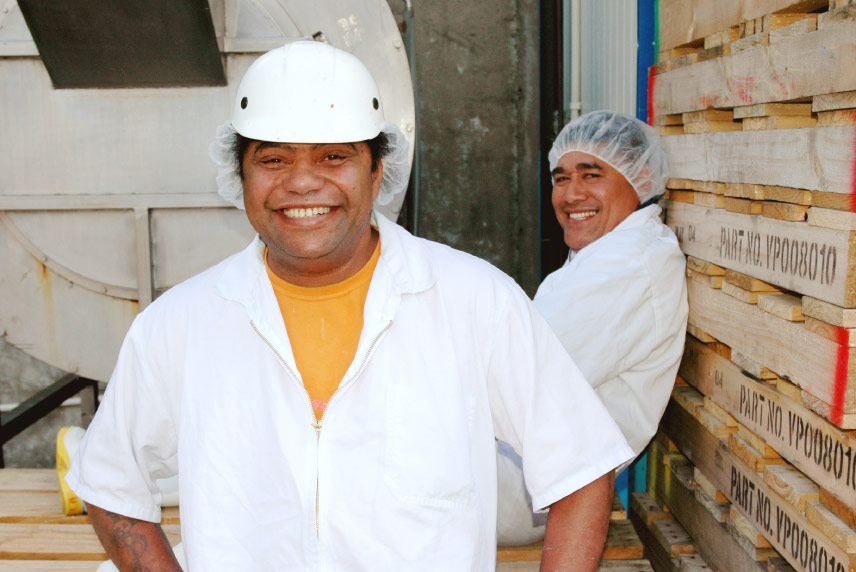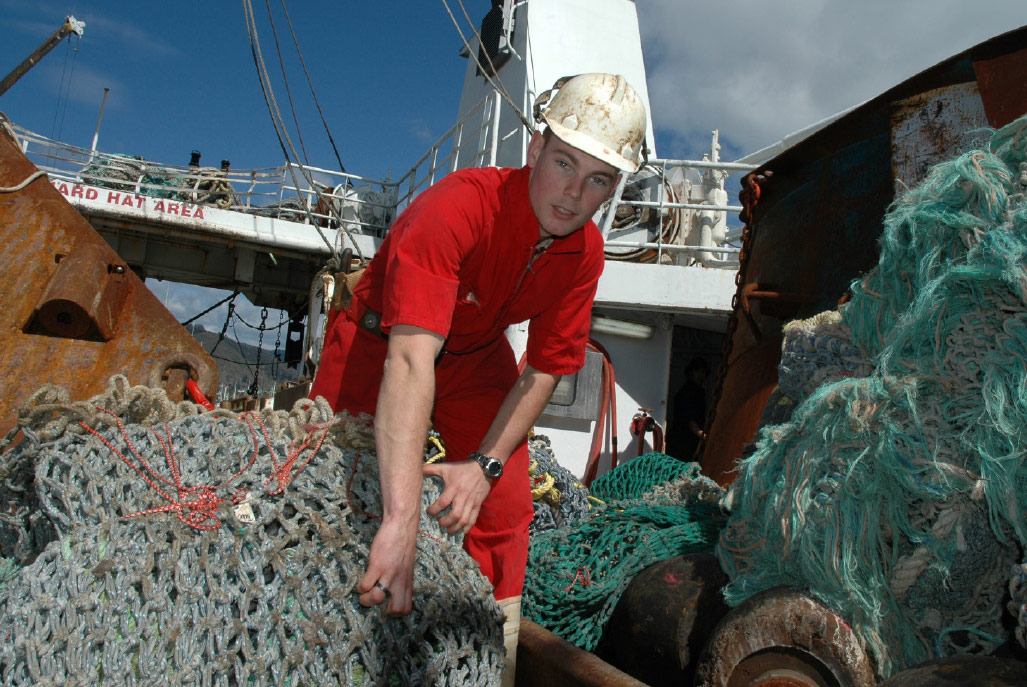Worker livelihood.


The New Zealand seafood industry is required to comply with all relevant legislation relating to the human rights, employment and safety of fishers. These rights and protections are specified through 13 Acts of Parliament and administered through 7 regulatory agencies.
In short, New Zealand legislation provides that:
– forced, bonded or indentured labour is prohibited
– child labour and exploitation is prohibited
– any threats of penalty or sanction are prohibited
– legal entitlements to work are provided
– freedom of movement is provided
– freedom of association is protected
– discrimination is prohibited
– bullying, harassment or abuse of any kind is prohibited
– non-contract wage deductions are prohibited
– disciplinary actions must be understandable and legal
– workers must be treated with respect and dignity
– recognised employment relationships are required by law
– fair and transparent compensation mechanisms are required by law
– contracting relationships cannot be used to avoid obligations to workers
– reasonable working hours (including rest periods) are protected
– additional securities be provided by the New Zealand Government
Compliance with legal requirements provides the minimum standard for fisher compensation and working conditions. Criminal penalties can and do apply for breaches of law.
New Zealand as a country has a good reputation with respect to universal human rights. However, the most common concerns about worker livelihood in New Zealand relate to compensation and working hours. There are no standard fishing industry Codes of Practice relating to fisher’s work contracts. Hours and remuneration vary significantly across the industry simply due to the unique nature and location of seafood operations. As a consequence, businesses contract fishers on different terms. Remuneration may be based on a wage rate, the value of catch, volume of catch or share fishing agreements. Hours may be based on the location of fishing grounds, type of vessel and crew ranking.
Compensation
Employees are entitled to minimum wage levels. Even if not on an hourly basis, seafood businesses are required to compensate their fisher employees through fair and transparent processes. Compensation must be understood by both parties, communicated in a written form and provided in an appropriate language.
Remuneration for foreign crews is specified in legislation as to meet minimum wage requirements plus an extra $2 per hour.
Share fishing is also an accepted arrangement in New Zealand, although the terms and conditions can vary greatly. As self-employed contractors, share fishers are free to negotiate their own terms of their contract but are not covered by all employee protections. Share allocation can be a complex equation due to a wide range of considerations, such species, tonnage, crew qualifications, trip timing, training stipends, holidays and taxes.
Regardless of whether fishers are employees, foreign crew or share fishers, no contract can be used to avoid obligations to a fishers’ rights and protections under relevant legislation (such as health and safety or human rights). All agreed terms of any fishing arrangement must be adhered to by both parties.
Working hours
In New Zealand, employers and employees are free to agree the number of hours worked per day. The nature of the maritime industry benefits from this flexibility and contract agreements reflect this. An employee’s hours of work must be agreed to by the employer and employee in their written employment agreement. Employees are under no obligation to accept extra hours of work not specified in their employment agreement. Share fishers must negotiate their own arrangements.
The length of shifts worked by fishers vary from business to business and role to role. On large-scale vessels, skippers usually work 12 hours on with 12 hours off. Factory workers at sea would normally work 6 or 8 hours on/off because of the physical and repetitive nature of the work. Generally, fishers work a maximum of 12 hours a day whilst at sea.
The hours and shifts vary considerably on small-scale vessels due to wide-range of the crew sizes and fishing activities being undertaken. In all instances, seafood businesses are required to consider effects of hours on fisher welfare. Under New Zealand’s health and safety legislation, physical and mental fatigue is a hazard and must be actively managed against. Failure to do so can result in criminal liability.
The OpenSeas report was prepared by a technical expert, with demonstrable knowledge and experience in the topic at hand. An internal fit-for-purpose review was conducted by the OpenSeas Programme Director, which may have included external scientific or operational expertise.
An external scope and accuracy review was conducted by the relevant regulatory agency(ies) for the original 2017 report.(i.e. New Zealand Government departments).
The report author is responsible for revising the report in line with recommendations from reviews and retains final responsibility for the report content.

